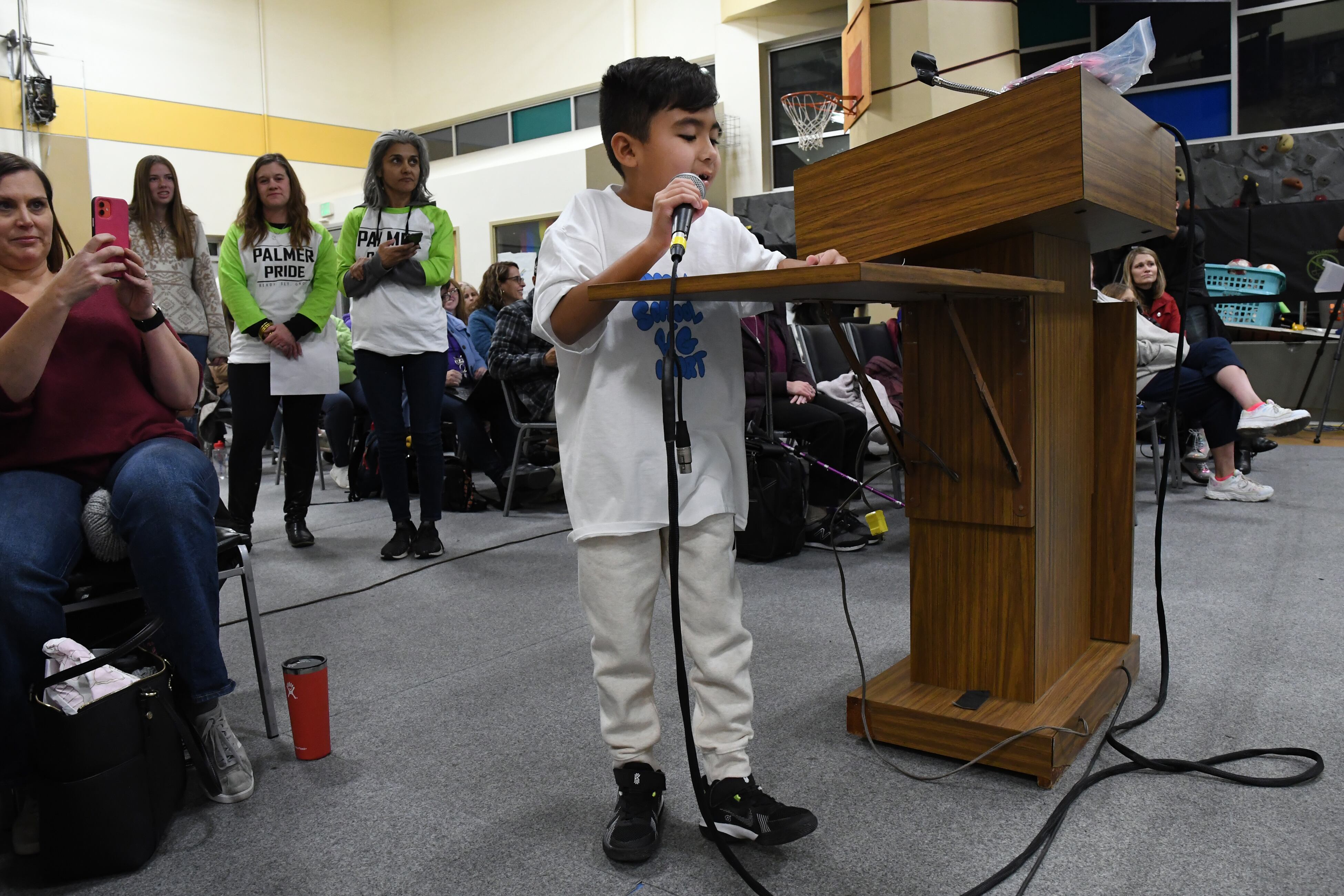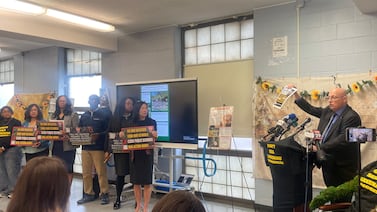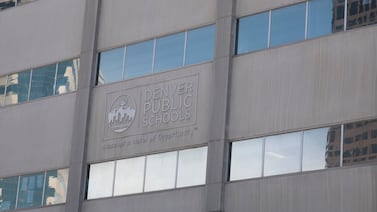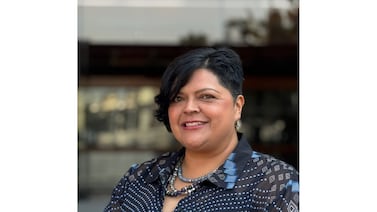Sign up for Chalkbeat Colorado’s free daily newsletter to get the latest reporting from us, plus curated news from other Colorado outlets, delivered to your inbox.
After more than a year with temporary limits in place, the Denver school board unanimously adopted new public comment rules Thursday that will shorten each speaker’s time from three minutes to two.
The rules apply to the school board’s monthly public comment session. Other changes include:
- Public comment will be divided into two parts: one in which speakers can only talk about policies or agenda items on which the board is scheduled to vote at its next monthly meeting, and another “unrestricted” part in which speakers can talk about anything.
- The unrestricted public comment is limited to a total of 30 minutes.
- The public comment on each upcoming voting item is limited to 30 minutes per item.
- Each speaker can only speak for two minutes.
- Groups of speakers can speak for four minutes total.
- If the board adds an unanticipated item to its agenda, the board president will ask the audience if anyone wants to comment on it before the board votes.
- Speakers can address the board in person or virtually via an online meeting platform. The virtual public comment won’t be available until the 2025-26 school year.
- Speakers must have “an established relationship” to Denver Public Schools as a student, parent or family member of a student, employee, Denver resident, or member of an organization that partners with the district.
- A majority of the seven board members can approve a one-time exception to any of these rules, such as to allow more than 30 minutes of public comment on an item.
The new rules and restrictions are set to go into effect on Jan. 1. If only individuals and not groups spoke during the 30-minute time limits, no more than 15 individuals could speak on a particular agenda item or during unrestricted public comment.
Past public comments sessions stretched until midnight or later before votes on contentious topics. Last fall, the then-president of the board, Xóchitl “Sochi” Gaytán, enacted a temporary two-hour time limit while the board worked on the more permanent policy adopted Thursday.
Current board President Carrie Olson and Vice President Marlene De La Rosa unveiled the first draft of the new policy in September. The first draft was even more limiting than the final version in that it didn’t allow for any unrestricted public comment.
Students, parents, teachers, and others have long criticized Denver Public Schools of not listening to their concerns or soliciting feedback in a performative way.
At the same time the board is restricting public comment, members are working on a plan to host 10 “community cafes” per year. Board members said the cafes are meant to be an opportunity for city residents to talk to the board in a less formal way than at public comment.
Melanie Asmar is the bureau chief for Chalkbeat Colorado. Contact Melanie at masmar@chalkbeat.org.







